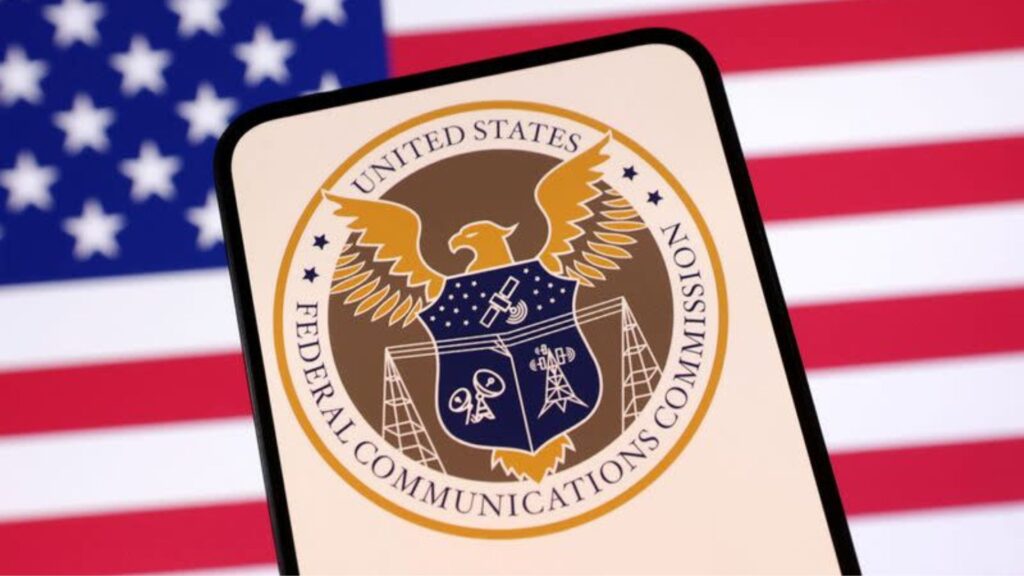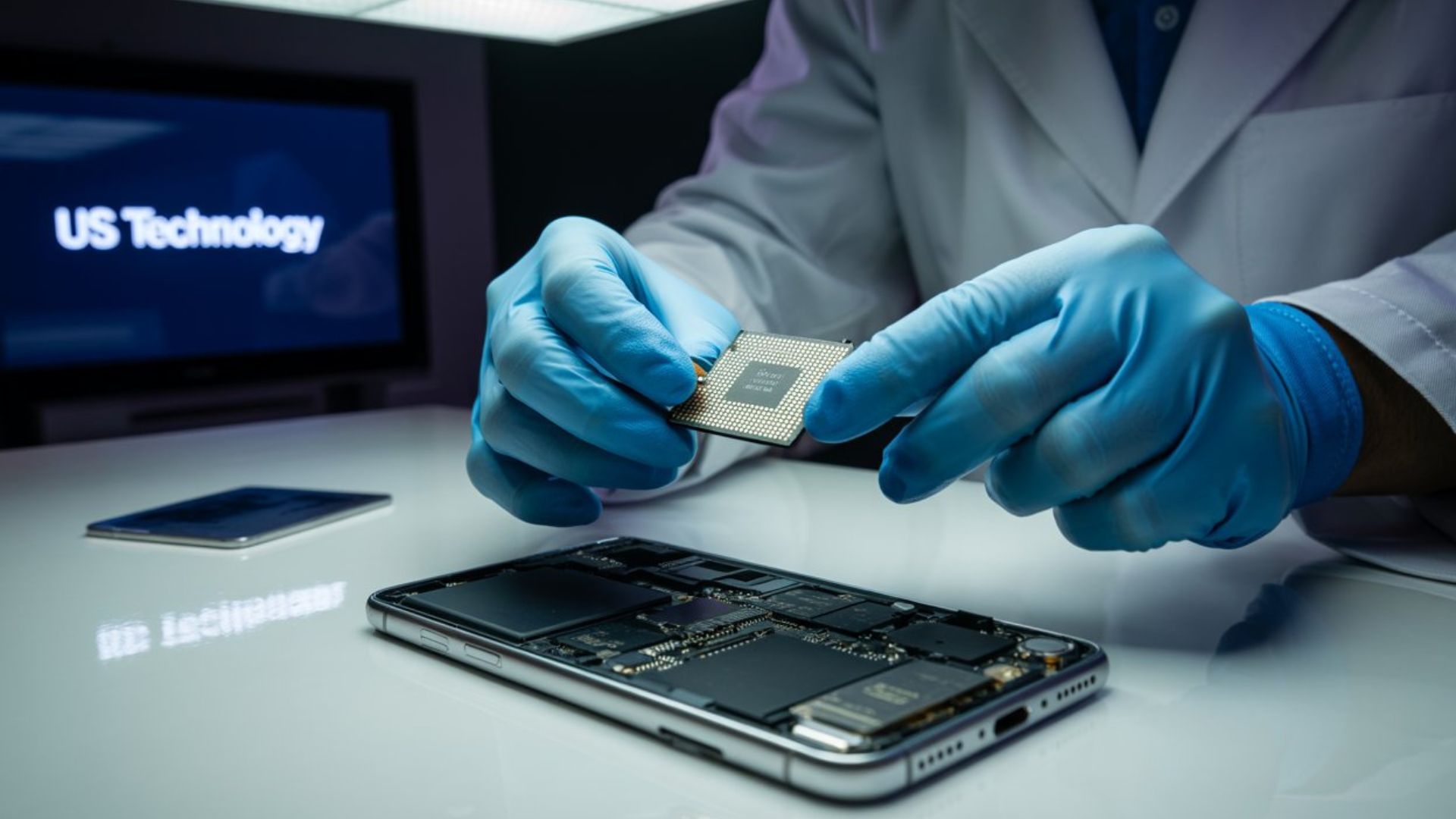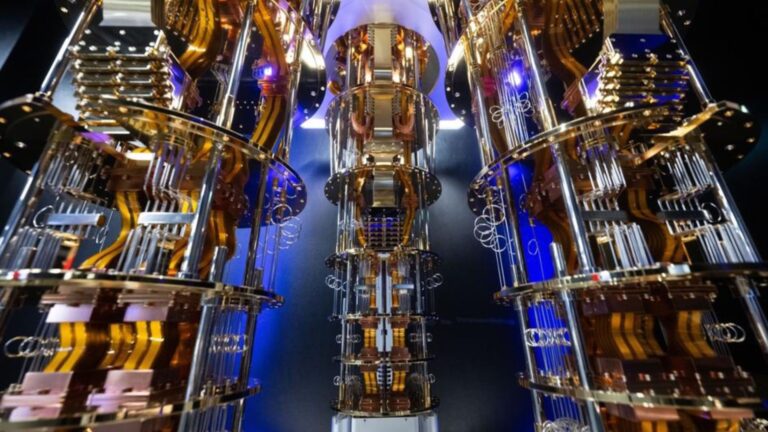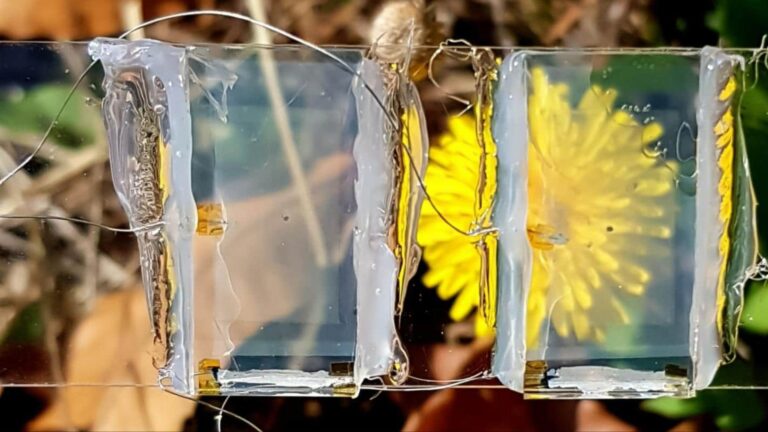
The Federal Communications Commission (FCC) is making a bold move to secure the electronics you use every day, from your phone to your laptop. The agency is now working to block seven testing labs owned or controlled by the Chinese government, escalating a major push to protect America’s tech supply chain from potential foreign threats.
This is the first time the FCC is flexing its muscles with new rules finalized back in May, which were designed to stop labs deemed a national security risk from approving electronics for the U.S. market. On Monday, the agency officially began the process against seven facilities and quietly let the approvals for four other Chinese labs expire. FCC Chairman Brendan Carr stated the goal plainly: “Foreign adversary governments should not own and control the labs that test the devices the FCC certifies as safe for the U.S. market.”
This crackdown targets what many see as a massive vulnerability in America’s tech safety net. Here’s a stunning fact: the FCC estimates that a whopping 75% of all electronic devices sold in the U.S. are tested in labs based in China. Since every single electronic product needs the FCC’s green light before it can be imported or sold, the integrity of these labs is absolutely critical.
The list of targeted labs includes several prominent names, such as UL-CCIC Company Limited and the China Academy of Information and Communications Technology. But the real concern, according to the FCC, is what’s behind the curtain. Many of these labs allegedly have deep ties to the Chinese Communist Party, including connections to state-owned companies and the Chinese military. These are not minor players—they have tested thousands of different devices that ended up in American homes and businesses.
This latest move isn’t happening in a vacuum; it’s another chapter in a broader national security campaign that ramped up under the Trump administration. You might recall that in November 2022, the FCC banned all new telecom equipment from giants like Huawei and ZTE, as well as surveillance gear from several other Chinese tech firms. And as recently as March 2025, the agency launched probes into nine Chinese companies to see if they were trying to sidestep U.S. restrictions.
For its part, the Chinese Embassy in Washington has pushed back, accusing the United States of “over-stretching the concept of national security” simply to target Chinese companies. They argue that the U.S. is unfairly using its power and “turning trade and technological issues into political weapons.”
So, how strict are the new rules? Extremely. Any testing lab that is 10% or more owned by an entity on the FCC’s “Covered List,” the Pentagon’s list of Chinese military companies, or other security-risk designations is now prohibited. This low threshold is designed to be a catch-all, meaning even indirect investments from state-controlled funds could be enough to get a lab banned from the U.S. market.












